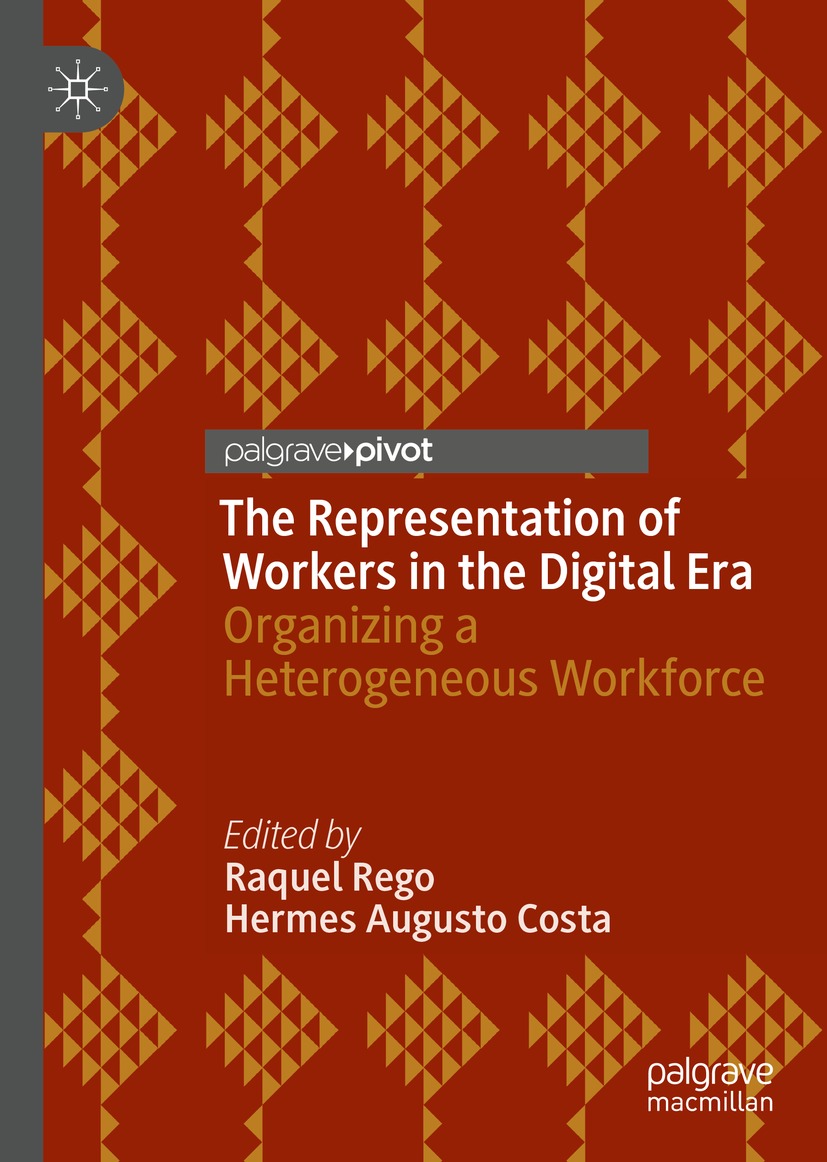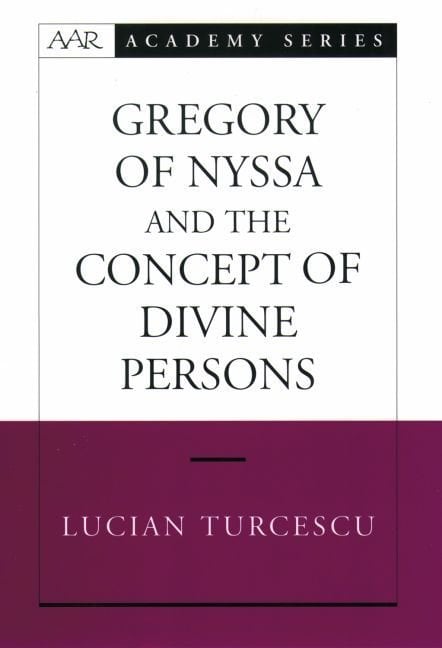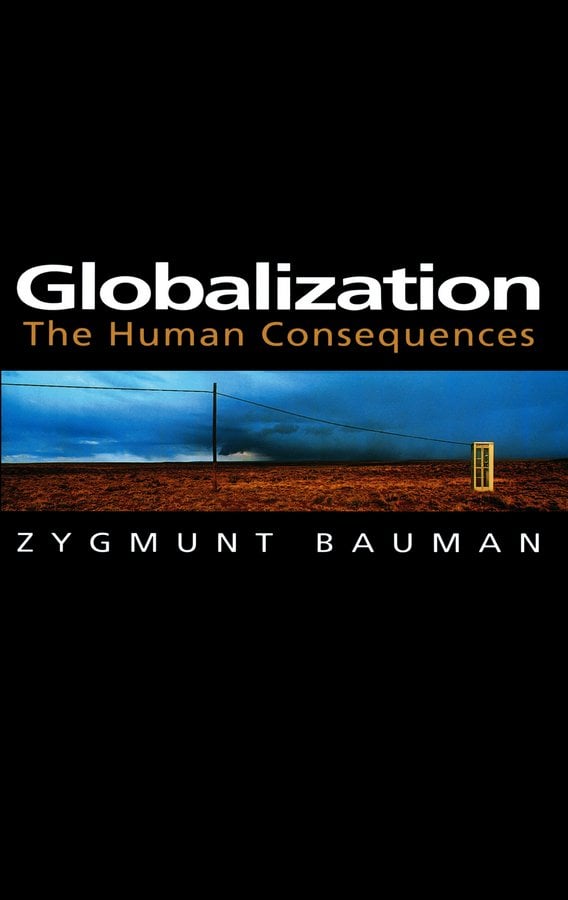This book compiles empirical evidence on both the challenges raised by neo-liberal policies and the internet to trade unions, and the development of more flexible forms of worker organisation and collective representation. The relationship with digital devices seems inevitably to contribute to differentiating trends, simultaneously acting as an internal and external constraint on organisation. Gathering academics and experts from European and Brazilian universities, this book is recommended for researchers and students in the fields of sociology of work, labour studies and collective action, as well as practitioners and others interested in worker interest organisations and collective representation in the early 21st Century.












